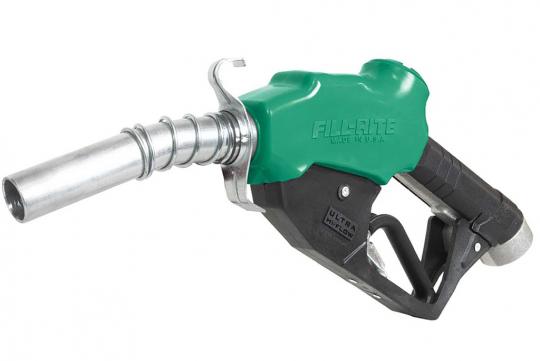New green policies good but bring back diesel duty at pumps too
New green policies good but bring back diesel duty at pumps too

 There are few better ways to motivate people to go green than through the colour of money.
There are few better ways to motivate people to go green than through the colour of money.
Thus, the higher petrol duty and tightened Carbon Emissions-based Vehicle Scheme (CEVS) are, in principle, effective environmental policies.
The 15-20 cent/litre increase in petrol duty came into effect yesterday, while the revised CEVS - with bigger carrots and bigger sticks - will kick in from July.
The former is supposed to persuade motorists to drive judiciously and to plan their routes before they set off. The latter aims to encourage car buyers to pick more carbon-efficient models.
Working in tandem, the two policies announced by Finance Minister Tharman Shanmugaratnam in his Budget speech yesterday should lead to cleaner air for everyone.
If drivers could reduce their mileage by just 10 percent, Singapore would cut carbon dioxide emissions by 210,000 tonnes a year. And if the average carbon emissions per car were reduced by a mere 20g/km, the country could cut down on such emissions by 234,000 tonnes a year.
That's a combined total of 444,000 tonnes of carbon reduced every year, not to mention commensurate cuts in toxins such as particulate matter, nitrogen oxides and benzene.
The figures are based on a car population of 650,000, an average mileage of 18,000km, and an assumed average carbon emission of 180g/km per car.
But the outcome could be even more promising if a few other related changes were made.
One is the re-introduction of diesel duty at the pumps.
Right now, the various diesel users each pay their respective duties upfront annually. This was meant to be a business-friendly initiative by capping duty payable. But what is good for business is bad for the environment.
Because they don't feel the pinch as they pay, diesel users do not see the need to curb wasteful behaviour, such as leaving engines running while stationary - even though this is illegal - or over-revving.
It is common to see taxis, delivery vans or buses spewing exhaust while they are parked.
And other road users know when a diesel vehicle is being driven hard, when they are left in the trail of black smoke.
Diesel is also the culprit in bootleg sales. Once the diesel pump duty was removed in 1998, "white pumps" selling non-branded fuel proliferated.
Anecdotal evidence suggests that fuels sold at these pumps do not meet the low-sulphur requirement in place here.
With the new announcements, cabbies driving petrol-run taxis will face the brunt of the hike in petrol duty.
Over time, they might shun these models and revert to diesel cabs.
This would be a shame, as cab operators like SMRT and Prime Taxi have been growing their environmentally friendly petrol-hybrid fleets.
Re-introducing the diesel duty at the pumps - and pegging it to petrol rates - would level the playing field on this front, and allow petrol cabs to compete fairly with their diesel counterparts.
Meanwhile, the revised CEVS would be far more meaningful if the rebates can be used to offset road or income taxes.
As it is, end-users do not realise the full benefit of a rebate, which is bundled with a car's list price. It would be easy for a dealer to raise prices before applying the CEVS - the consumer would be none the wiser.
Also, since the CEVS is offset against a car's Additional Registration Fee (ARF), its scrap value is also reduced accordingly, so the actual savings are far less than advertised.
Not only that, it will be buyers of fairly expensive cars who enjoy the full benefit of a top-tier CEVS rebate. This is because the minimum ARF payable is $5,000, so the open market value of a car has to be $35,000 or more for the maximum CEVS rebate of $30,000 to be fully realised.
by Christopher Tan


17 Comments
Recommended Comments
Create an account or sign in to comment
You need to be a member in order to leave a comment
Create an account
Sign up for a new account in our community. It's easy!
Register a new accountSign in
Already have an account? Sign in here.
Sign In Now